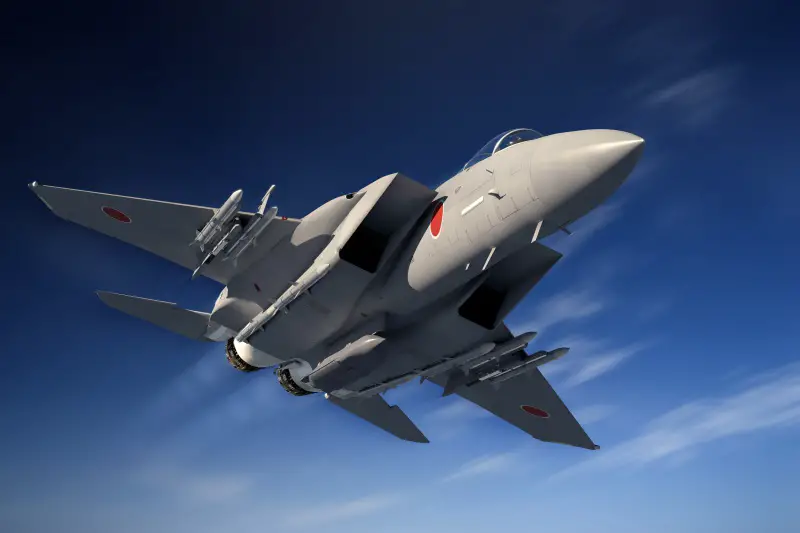Japan Air Self-Defense Force (JASDF) is considering the setup of a rapid deployment airport group will have help prepare Shimojishima airport in the Miyakojima Islands for military operations. The airport there has a 3,000 meter-long runway that can allow all F-15J fighters of the JASDF to operate from. The flight time of a fighter from Shimojishima to Senkaku is only half that compared to Okinawa. The city of Miyakojima is served by two airports. Miyako Airport (MMY), the main commercial airport, is located on Miyako Island; and Shimojishima Airport. The Shimojishima airport already has a ‘shadow designation’ as Shimoji Air Base as part of its Type-3 status.
Miyakojima is a city jurisdiction located on several islands in Okinawa Prefecture, The Government of Japan has called for an unprecedented doubling in defence spending, largely in response to China’s aggressive military posture on Taiwan, only 110km (68 miles) from the westernmost isle in this strategic archipelago fringing the East China Sea. As of early 2013, serious consideration was being given to basing a detachment of JASDF F-15J fighters out of the Airport, in order to provide better air defense coverage over the Senkaku Islands. The islands are the focus of a territorial dispute between Japan and both the People’s Republic of China (PRC) and the Republic of China (ROC), Taiwan.

The Mitsubishi F-15J/DJ Eagle is a twin-engine, all-weather air superiority fighter based on the McDonnell Douglas F-15 Eagle in use by the Japan Air Self-Defense Force (JASDF). The F-15J was produced under license by Mitsubishi Heavy Industries. The subsequent F-15DJ and F-15J Kai variants were also produced. Japan is the largest customer of the F-15 Eagle outside the United States. In addition to combat, F-15DJ roles include training. The F-15J Kai is a modernized version of the F-15J. F-15J/DJs are identical to F-15C/Ds aside from the ECM, radar warning system, and nuclear equipment.
The F-15J is characterized by an indigenous data link, but they do not support Link 16 FDL mounted by USAF F-15Cs. It works as a basic bidirectional link with the Japanese ground-controlled intercept network, and it is limited because it is not a true network. F-15Js have been equipped with the Japanese-built AAM-3 missile, an improved AIM-9 Sidewinder follow-on with distinctive “barbed” forward fins. It can also carry a large air-to-surface weapon on its centerline weapon station, such as an AGM-158B JASSM-ER or AGM-158C LRASM, giving the aircraft an air-to-ground and anti-ship capability. In July 2020, Boeing signed an agreement with MHI to provide assistance and support to the program. Work is set to start in 2022.
















